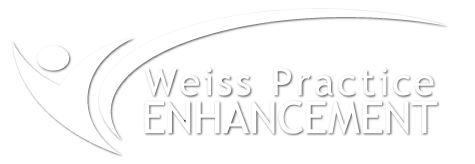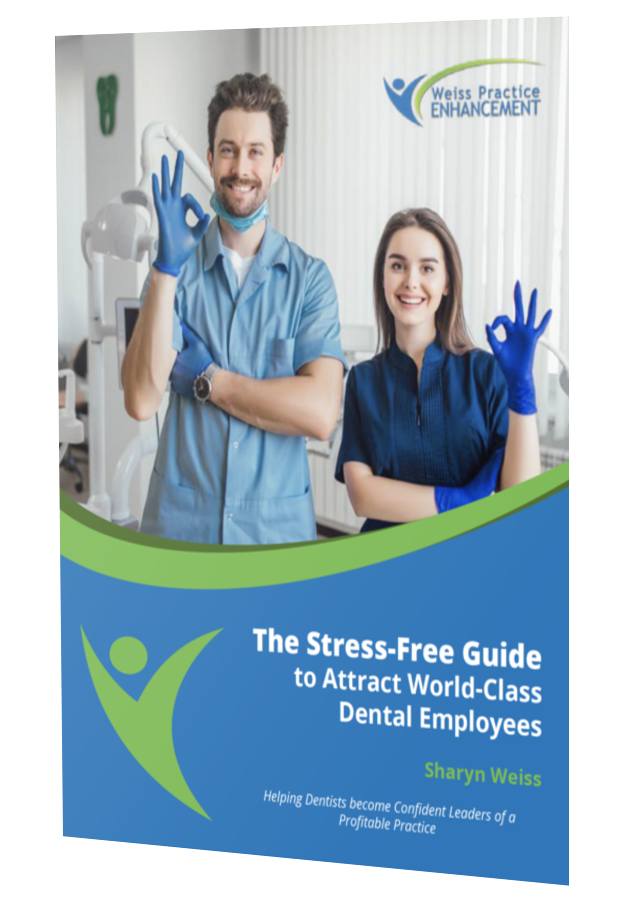Working with a dental consultant can be the greatest thing since the proverbial sliced bread. On the other hand, if you don’t have the right consultant, it can be as painful as well… you know.
So, what makes some consulting relationships work and yet dooms others to end in blame, regret and wasted time and money? In this article we identify when you should and should not seek a practice management consultant, the pros and cons of consulting firms and what you can do to create a foundation for success.
Read more at DentalEconomics.com




